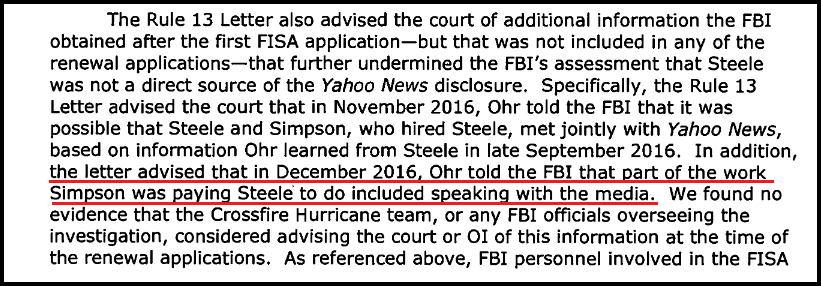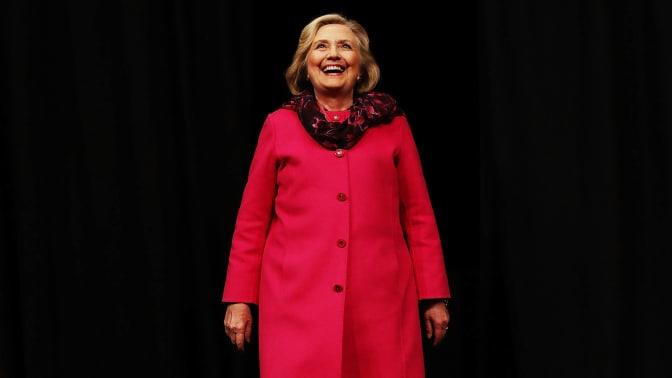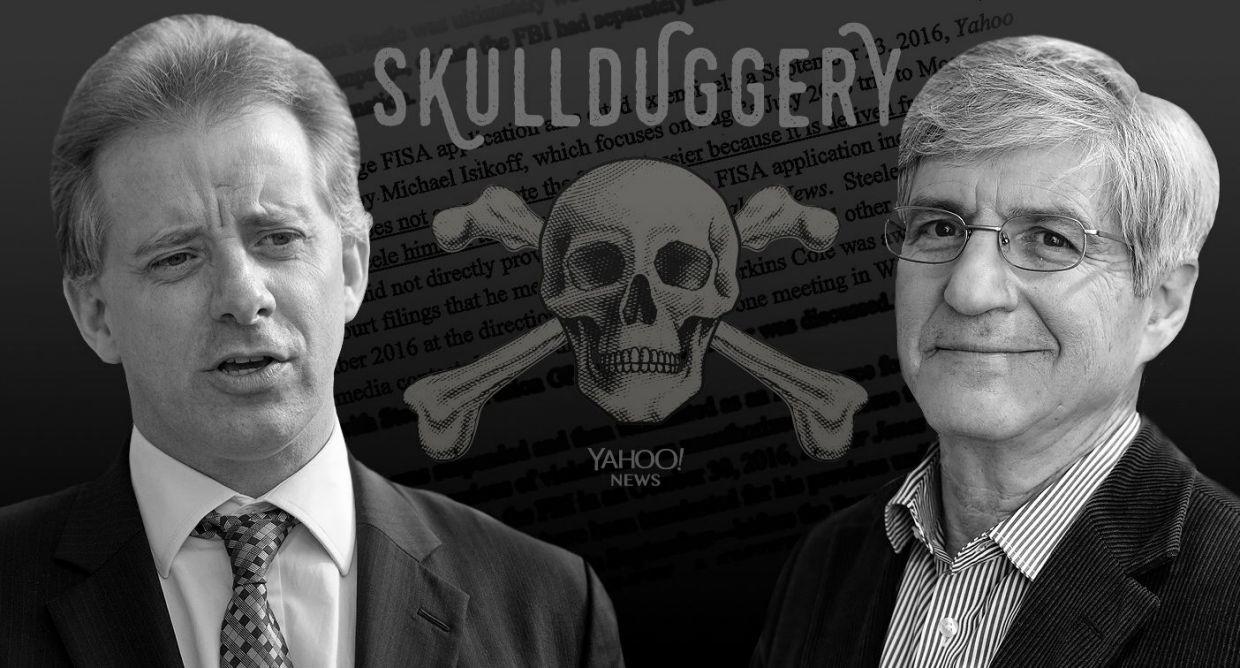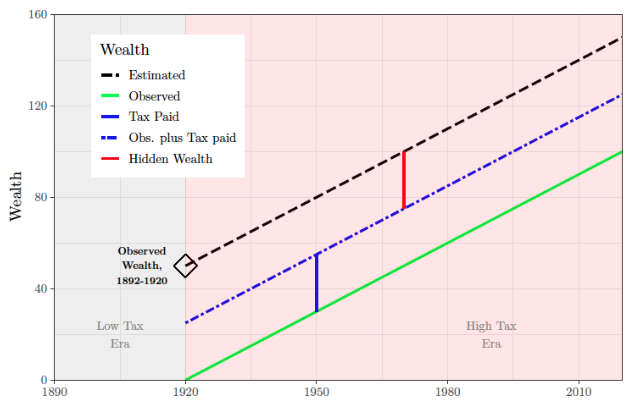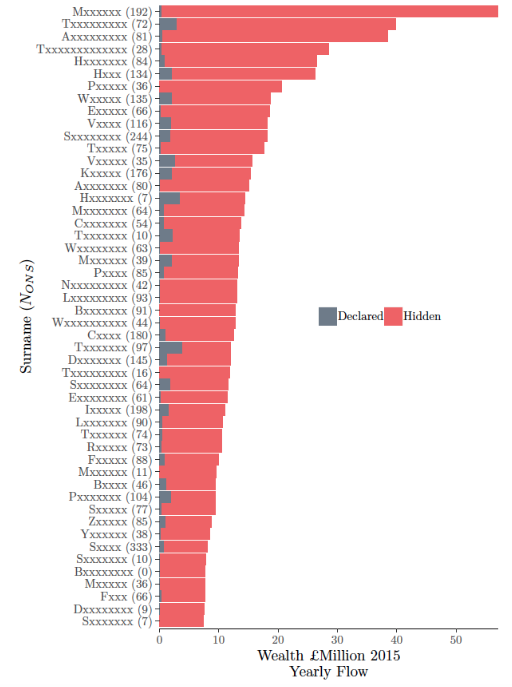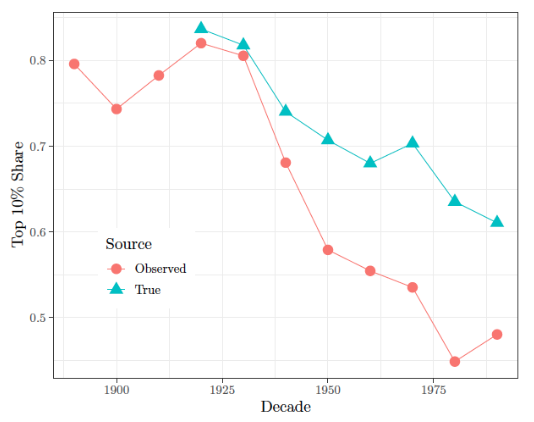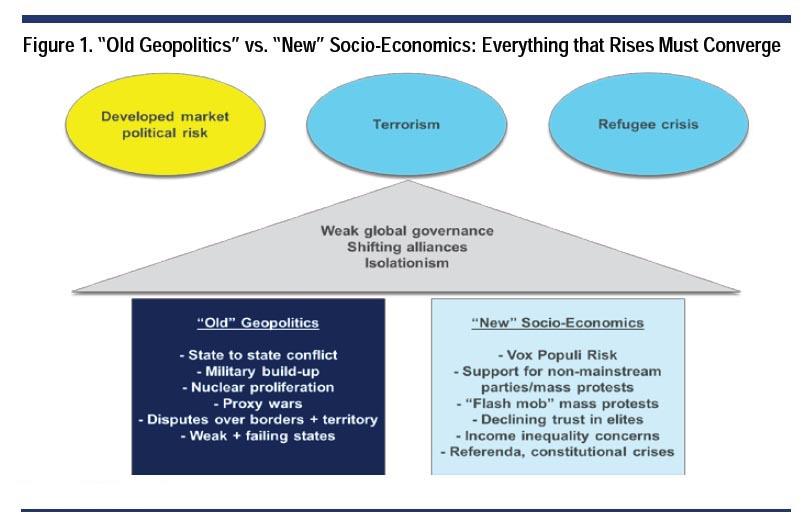((
DisruptiveFare.com)) - 12/9/2019 -- Somewhere, USA -- For those who value knowledge, this comes as a sad surprise. Wikipedia once was a free and open source encyclopedia, where anyone could contribute.
It was never perfect, but it was usually pretty accurate, except about controversial topics, current events, conspiracies, and some other unique topics. But starting in 2016 the quality started deteriorating rapidly across the board. We wanted to know how, so we signed up. What we learned was shocking.
We need to get into the weeds here a bit to understand how this scam operates. Wikipedia was a system setup by
Jimmy Wales a long time ago, and the rules have evolved over time but still maintain the same guidelines established in the beginning. No one really owns Wikipedia which is perfect for the Elite because there's no one to point the finger at. Best part for them - all the moderators called "SysOps" are anonymous. There is a hierarchy that requires you make 500 edits before having more privileges. At any point, if a SysOp doesn't like an edit or comment you make, the threats start, you can be blocked. They can ban your IP. You can always READ but you cannot EDIT. Of course this can all be circumvented, but here's the point: They are about form not essence.
The good and honest Wikipedia editors that aren't trolls, they are sticklers for rules and are trying to build an open public document about everything which is a monumental task - FOR FREE. Everything is volunteer so no one gets any sort of 'benefit' for editing. Here are the basics of the rules (in summary):
These policies all seem logical and reasonable for a system which is completely open to the public. But any open system is also open to hackers and exploitation, as we shall shortly see.
What we noticed is that when editing unpopular topics or those not involving current events, there is little editorial oversight.
But when we edit pages like Trump Impeachment, Anderson Cooper, or Zero Hedge - content that is not approved by the editors (based on their opinion) is removed in minutes. Having some experience with intelligence gathering and operations, we noted a connection between all the pages where information is quickly sanitized: the CIA. Most people take Wikipedia at face value - it must be true if it's in Wikipedia. They are using this laziness to attempt to exploit reality, in a much more organized and methodical manner as compared to the TV exploitation. Let's first look at some public examples of what's going on.
People using CIA and FBI computers have edited entries in the online encyclopedia Wikipedia on topics including the Iraq war and the Guantanamo prison, according to a new tracing program. The changes may violate Wikipedia’s conflict-of-interest guidelines, a spokeswoman for the site said on Thursday.The program, WikiScanner, was developed by Virgil Griffith of the Santa Fe Institute in New Mexico and posted this month on a Web site that was quickly overwhelmed with searches. The program allows users to track the source of computers used to make changes to the popular Internet encyclopedia where anyone can submit and edit entries. WikiScanner revealed that CIA computers were used to edit an entry on the U.S.-led invasion of Iraq in 2003. A graphic on casualties was edited to add that many figures were estimated and were not broken down by class. Another entry on former CIA chief William Colby was edited by CIA computers to expand his career history and discuss the merits of a Vietnam War rural pacification program that he headed. Aerial and satellite images of the U.S. prison for terrorism suspects at Guantanamo Bay, Cuba, were removed using a computer traced to the FBI, WikiScanner showed. CIA spokesman George Little said he could not confirm whether CIA computers were used in the changes, adding that “the agency always expects its computer systems to be used responsibly.” The FBI did not have an immediate response. Computers at numerous other organizations and companies were found to have been involved in editing articles related to them.
August 21, 2016 — Right now, this very second, people are busily editing away on the website Wikipedia, at a rate of more than ten edits per second. There are over five million articles written in English on Wikipedia, with a thousand being added every day.
But there's a dark side to Wikipedia you probably don't know about. The promise of accurate, neutral articles and privacy for contributors is often just a mirage, according to two insiders. They say they've been left battle-scarred after troubling personal encounters with the world's most popular encyclopedia.
It's billed as "the encyclopedia anyone can edit." But for many, it's the opposite.
Greg Kohs is among the blocked. Banned, he says, for challenging Wikipedia policies.
Kohs: Just in the past four hours, 500 IP addresses and users have been blocked from editing Wikipedia.
In 2012, Kohs helped start an opposing website called, "Wikipediocracy," to expose what he calls Wikipedia's "misinformation, defamation and general nonsense."
Sharyl: So Wikipedia does censor users?
Kohs: Absolutely. In a given day, Wikipedia administrators typically are blocking about 1,000 different IP addresses.
Sharyl: 1,000 a day?
Kohs: 1,000 a day. Yes.
When Kohs ran afoul of Wikipedia, he was drawn into an unseen cyberworld. One where he says volunteer editors dole out punishment and retaliation, privacy is violated and special interests control information.
Is it fair to assume, that if they were doing it - they continue to do it? Or to ask the question differently - if they have something to hide - why wouldn't they?
On November 17th, 2005, an anonymous Wikipedia user deleted 15 paragraphs from an article on e-voting machine-vendor Diebold, excising an entire section critical of the company's machines. While anonymous, such changes typically leave behind digital fingerprints offering hints about the contributor, such as the location of the computer used to make the edits. In this case, the changes came from an IP address reserved for the corporate offices of Diebold itself. And it is far from an isolated case. A new data-mining service launched Monday traces millions of Wikipedia entries to their corporate sources, and for the first time puts comprehensive data behind longstanding suspicions of manipulation, which until now have surfaced only piecemeal in investigations of specific allegations....Wal-Mart has a series of relatively small changes in 2005 that that burnish the company's image on its own entry while often leaving criticism in, changing a line that its wages are less than other retail stores to a note that it pays nearly double the minimum wage, for example. Another leaves activist criticism on community impact intact, while citing a "definitive" study showing Wal-Mart raised the total number of jobs in a community.
It's not surprising that large organizations infiltrate open systems in order to defend their own existence. But there's a huge difference between Wal-Mart (WMT) and the CIA: accountability. The CIA is a publicly funded enterprise, who has the ultimate opaque mask to hide behind: it's classified. In fact, if you ask any significant question to the CIA via the compliant FOIA request process, you'll get the standard: "CIA cannot confirm or deny this fact, nor can CIA confirm or deny that there is knowledge of such fact". What we need is another
Church Committee.
About the Mainstream Media
One conclusion of our analysis is that we should include Wikipedia as part of the Mainstream Media (MSM) as some call it. Wikipedia is part of the Establishment by all means - it's no different from an information perspective than the CIA's very own CNN. So a discussion about the MSM and CNN is appropriate here. Wikipedia's main citation, the #1 'news' source and #1 most credible news organization is - you've guessed it - CNN. Even though
CNN was outed as a complete fraud lying and creating fake stories in an attempt to smear political enemies, Wikipedia is having none of it. Editors even said that video recordings by project veritas were 'deep fakes' and videos were 'altered' - who do they think they are kidding? Undercover whistleblowers risk their jobs and lives to expose dirty organizations like CNN and we are supposed to believe that it's all made up? Of course they would say that, as it's CNN who makes up lies about people they want to smear, while parading as a legitimate news organization. CNN is no different than the Russian Prava (which means in Russian "Truth") used during Soviet times to spread government propaganda and politically assassinate enemies of the state. Project Veritas exposed how CNN is left leaning organization with a pro-Democrat bias, but we need to elaborate this point as this is another trick the Elite play on the populace. This is not a political issue, CNN is pro-Establishment. Republicans (for example the Bush clan) are no better than the Clinton Mafia. Plunder, pillage, murder, graft, and an Imperial power grab - this is the new Mafia class in USA.
Understanding the CIA and reporting it
The CIA is a clandestine organization and as such, they will never make any statements to verify any facts about them that are unpleasant for them (including most important facts that might the general public question their existence). Remember that the CIA is funded with tax dollars so they work for US Citizens. Any evidence of operations is destroyed, so it's very unlikely that anyone would ever find a document about their internal operations, with the exception of what they publicly release via their
FOIA reading room. What they release is obvioulsy uninteresting and unincriminating. They even release humorous projects in order to send a message to the public's subconscious - we're the good guys and we do things.
One of the most kind and funny examples is the 1960's attempt to turn Kitties into spies. Of course, when someone is confronted with some bad things, they have the subconscious association with kitties and spies. How cute!
Legality - This is important. All of what we are describing here, is legal (sort of). For example, it's illegal for the CIA to operate domestically. So officially, they don't. Just like overseas, they use a
web of shell companies and NGOs which serve as the 'front end' and these are called front companies. CNN's auditor isn't going to find "Central Intelligence Agency" in the books and records. Some of these fronts are just shells but others are legitimate companies, owned and controlled by the Agency through
InQTel, the Venture Capital arm.
So what we know about the CIA comes from leaks such as the
famous Snowden leak, and
many others via
Wikileaks such as the Vault 7 release. Another quality source is whistleblower testimony. CIA whistleblowers are obviously discredited, harassed, and in many cases end up involved in strange deaths. One whistleblower turned author wrote the
classic bestseller Confessions of an Economic Hit Man - a must read to insights on how the CIA really operates. What's compelling about this account in particular is the detailed descriptions of how it works. According to the author the CIA is the agency tasked with building American Imperialism with the following method 1) First a group of economists are sent to emerging markets where they explain the only hope for growth are these exorbitant IMF loans (which they know they will never repay). To entice them to accept they may 'pay' the leaders a bonus, such as $50 Million to you Swiss bank account. 2) If they don't accept the loans, then they send in the 'jackals' who basically try to overthrow the regime with force.
This has been achieved hundreds of times but doesn't always work. When it doesn't, then we 3) Declare war, based on lies such as "Weapons of Mass Destruction" or any excuse or evidence that can be planted.
Problems with Logic
The majority of huddled masses and the majority of intelligentsia too, don't understand Logic & Rhetoric. Knowing this, those spouting lies and creating deception very cleverly use tricks in order to obsfucate and mislead. For example, in the beginning of the official
Impeachment Hearing Report, a statement is made:
The Committees pursued the truth vigorously, but fairly,ensuring the full participation of both parties throughout the probe.
How can a committee who created a fake impeachment based on false and manufactured evidence against the defendant, make a statement like this? Here's the issue - readers who are Democrats and anti-Trump will take it as axiomatic, or in other words, at face value. Here's how the brain process works. You read a statement, and you assume it to be true, because it justifies your existing bias (opinion) which in this case is "Orange Man Bad." With a false premise, the conclusion is always true. The schism between Democrats and Republicans is not political, it's intellectual. It's similar to the difference between scholastic and stochastic, or the difference between religion and philosophy. Stochastics are believers, Scholastics are students. The difference is key to understanding what's going on in US politics. Trump isn't a Republican. In fact,
he spent more money than Obama in his time as President by 13.5% (marginally more if you count for inflation - and the US Treasury is more profitable now). He thrashed the EPA. Where's the conservativism? Trump is an anti-establishment candidate, not a Republican. He's a capitalist with a Real Estate background with child-like understanding of markets - lower rates = asset inflation (stocks & real estate) = Happy People. There are plenty of criticisms Democrats could make against Trump if they were intellectuals, if they were ethical, such as:
- Trump's lack of monetary policy (bias towards lower rates and manipulating the Fed is not a monetary policy)
- Destruction of the EPA causing harmful, toxic environmental consequences
- Foreign Policy mishandling
There are others. The point is to illustrate that Democrats and Trump's enemies chose an irrational and artificial "Witch Hunt" rather than a logical well organized campaign. Their behavior is childish and alarming - the US has become similar to Soviet Russia in many ways:
- Media (Press) 99% controlled by the Government
- Open public debate is not allowed (Wikipedia being censored, for example)
- "Party Members" support the party based on belief, as if infected by a virus - not by facts, or results that the party has achieved. (this is the destabilizing component we need to be afraid of)
This article is about Wikipedia, the above example is used only as a means to explain the tools that are employed by the editors of Wikipedia. It's not a stupid operation, after all it is called 'intelligence' - but it's not the kind you employ to take an IQ test. Intelligence has a few basic agendas behind it: protect the state, grow big business, and counterintelligence (which can be for a number of reasons). Wikipedia is the 'fake source' just as CNN is 'fake news' as proven by fake stories they will publish without references as if they are true. Wikipedia is the same. Although they have 'rules' very often the SysOps do not follow their own rules. If you call them out on not following their own rules, they will tell you that you are 'abusing them' and if you 'continue your abuse' you will be banned.
Wikipedia was free and overrun by trolls
Sanger grew disillusioned with Wikipedia. He has argued that by mid-2001, the Wikipedia community was being "overrun" by what he described as "trolls" and "anarchist-types", who were "opposed to the idea that anyone should have any kind of authority that others do not".[28]
In 2013, a British Petroleum representative was found to be supplying Wikipedia editors with company-approved text that eventually comprised 44% of BP’s page. The editing took place while a civil trial was underway which could have resulted in BP paying out billions of dollars to victims of the 2010 Deepwater Horizon oil spill. The process itself — PR flack supplies biased “info” to an unaffiliated editor, who then inserts it without disclosing its origins — is common on Wikipedia and does not actually violate the rules, as BP was quick to point out.⁷ Indeed, multiple editors jumped to the defense of the editor working for BP, suggesting they were also being paid or merely wanted to keep their options open. Roger Bamkin, a trustee of the Wikimedia Foundation UK and a PR consultant, used his Wiki position to place his PR client, the country of Gibraltar, on Wikipedia’s “did you know” front page feature 17 times during August 2012. As a “Wikipedian in Residence,” Bamkin was not permitted to operate with a conflict of interest or to edit the pages of the organization he worked with, but nothing in the rules prevented him from promoting that page. Wikipedia co-founder Jimmy Wales called Bamkin’s behavior “wildly inappropriate” and denounced it in a double-speaking editorial. Basically, he told future emulators to be more circumspect in their behavior, because the “disaster for our reputation” would be immense if it got out that Wikipedia editors were “paid shills” instead of “free and independent scribes.”⁸ Wales understands the importance of one’s online reputation, which makes it even more unconscionable that his site has been weaponized to destroy the reputations of so many people.
BP lawyers noted correctly that there are ways to engage in biased editing that do not violate the rules. In fact, the whole model of Wikipedia sort of invites trolls who are willing to spend the time, without being paid.
Big Pharma’s fingerprints are all over Wikipedia. Editors linked to AstraZeneca were caught posting negative material to competitors’ pages and adding promotional material to their own.³⁹ Wikiscanner caught Abbott Labs removing information from its entry about possible side effects of two of its most popular drugs, the weight loss pill Meridia and the arthritis pill Humira.⁴⁰ An analysis of the entry for Purdue Pharmaceuticals shows it has been through several editing cycles in which information on the addictive potential of the company’s infamous opiate Oxycontin was added, then removed, then added again, though any editors working for Purdue seem to have slunk away in the aftermath of their employer’s settlement with the state of Kentucky for $24 million in damages from widespread Oxycontin abuse in the state.⁴¹
Basically, Wikipedia is a legal time bomb waiting to explode. It has sort of 'creeped' into culture in a manner so subtle you wouldn't know it, like the frog being boiled alive in the pot by slowly turning up the heat.
Until recently I haven’t been closely following the controversy between Wikipedia and popular anti-imperialist activists like John Pilger, George Galloway, Craig Murray, Neil Clark, Media Lens, Tim Hayward and Piers Robinson. Wikipedia has always been biased in favor of mainstream CNN/CIA narratives, but until recently I hadn’t seen much evidence that this was due to anything other than the fact that Wikipedia is a crowdsourced project and most people believe establishment-friendly narratives. That all changed when I read this article by Craig Murray, which is primarily what I’m interested in directing people’s attention to here. The article, and this one which prompted it by Five Filters, are definitely worth reading in their entirety, because their contents are jaw-dropping. In short there is an account which has been making edits to Wikipedia entries for many years called Philip Cross. In the last five years this account’s operator has not taken a single day off–no weekends, holidays, nothing–and according to their time log they work extremely long hours adhering to a very strict, clockwork schedule of edits throughout the day as an ostensibly unpaid volunteer.
Wikipedia is the authority - Facebook is the operation. That means that since the invention of the 'internets' (Bush, 2002) they have been working hard to create a disinformation system so intelligent it is disguised as a 'free open sourced encyclopedia' that anyone can edit. Nothing can be further from the truth. Wikipedia is a tool of the Establishment to suppress free speech and defame political opponents. It is a tool for big business to control information on controversial products, such as drugs that can have fatal side effects.
The rise of Zero Hedge by the Right
Wikipedia is not a blog (their statement) - although the SysOps run it like one. An encyclo-blog. Zero Hedge is. Zero Hedge is a mix of self-written content on topics including the markets, economics, politics, and trading. Focus is on unconventional views and sources. Zero Hedge is not and never will be a Russian asset as some would claim. Zero Hedge is not political and is not a conservative outlet. It's fact-based, if you read articles like this one you'll see that key sentences have links to references. This style of writing by journalists, analysts, and other writers in the alt-media can only be described as fact-based reporting, or evidence based writing. It's not about opinions it's about references and links to documents. The conclusions are the opinions of the writer, however there is always a link to fact-based evidence. The defamation against Zero Hedge is because it publishes things which the mainstream media doesn't like, especially since 2015 (when the entire media, including Fox, is anti-Trump). So they call it a Russian troll site or right wing conspiracy site. It's neither. It is a fact-based site so they have to label it as a conspiracy site. Truth is lies and lies are truth. They have brainwashed people into believing that CNN is 'fair and balanced' and Zero Hedge publishes opinionated hit jobs. In fact, CNN has a history of publishing fake news, and is the subject to a $400 Million defamation lawsuit (
the complaint is a good read for anyone interested in how CNN/CIA Fake News operates). When we tried posting this on CNN's Wikipedia page, and even the page about "CNN Controversies" they wouldn't allow it. First reason is that zerohedge.com was not a credible source. So we used WashingtonPost.com and they said it wasn't allowed because it's not controversy, it's just a competitor to CNN trying to get viewers. Then we tried a 3rd time with CNN.com as the source (which is biased and doesn't disclose material info about the case) and even that was declined, with no comment on deletion this time.
But here's the point. Any site that posts facts that are contrary to the mainstream narrative filled with lies, that site needs to be discredited. Defamation is much more powerful than assassination especially in the internet world. BS "FactCheck" sites have been popping up like weeds in an abandoned shopping mall since 2015 and Snopes.com is out trolling factual information out there to deceive the gullible and unenlightened. But going back to the thesis of this article, Snopes.com and friends by themselves are not credible, without Wikipedia. Wikipedia is something that can change someone's opinion. If it's in Wikipedia, it must be true.
Conclusion
What we have learned, there are thousands of paid-trolls editing Wikipedia for a purpose. The purpose varies from business interests including large multi-nationals in industries such as Finance, Pharmaceuticals, Defense, Law, and others. Politics is obviously a hot topic.
But so is Game of Thrones, Michael Jackson, and Acupuncture.
The conclusion is that Wikipedia is a good reference of global opinions that reinforce the mainstream narrative whatever it may be. You aren't going to find any dissent or alternative views on Wikipedia.
Take Away
So what can one do about it? One thing is stop using Wikipedia as a reference. Two is look in the view history of pages to see if it is being edited or not. One advantage of Wikipedia is that they do save old edits. So if a Troll changed a real fact to a lie the history with the fact is still there. The interface is a little weird but anyone with basic computer skills can get used to it.
Another point for authors - get editing! Anyone can sign up for Wikipedia and after 500 edits and 90 days you too can become a SysOp - perhaps you will be an anti-Troll or 'disruptive editor' that will continually publish facts upon facts. There would be one way to save Wikipedia - overwhelm the trolls. If more people wrote fact based evidence there wouldn't be time for all the trolls to delete it.
Reference Articles
About Disruptive Fare
This is a new kind of journalism. The new mainstream media is disruptive media. There was a time when mainstream journalism was disruptive.
Visit our Advertisers
Researching and reporting the truth takes time and in order to be objective we don't succumb to the corporate pay-scam. Therefore, we rely on your support of our advertisers to keep the lights on and keep strong research based articles coming. Please visit them:

